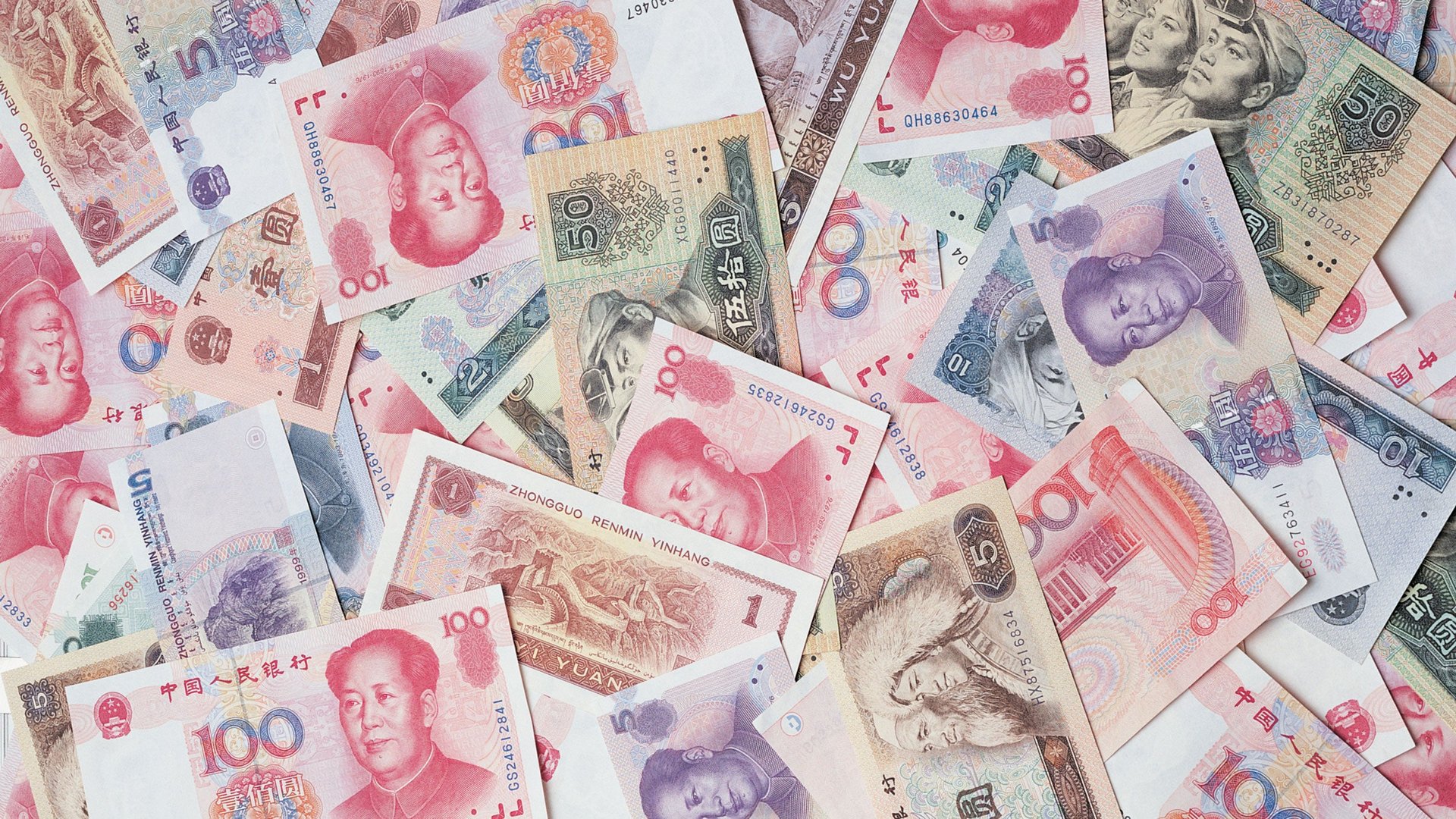The US and China make tentative progress on dealing with Chinese “stir-fry” accounting frauds
In Chinese, one word for cooking the books translates loosely as “stir frying.” Old vegetables and bad quality meat can be made much more palatable with the right oil and spices. In the same way, before an IPO or other fundraising, company bosses can take lackluster financial data and season it with fake sales, phantom customers and and phoney assets to make their business much more appealing to investors.


In Chinese, one word for cooking the books translates loosely as “stir frying.” Old vegetables and bad quality meat can be made much more palatable with the right oil and spices. In the same way, before an IPO or other fundraising, company bosses can take lackluster financial data and season it with fake sales, phantom customers and and phoney assets to make their business much more appealing to investors.
American investors and regulators have a major problem with stir-fry accounting. The Securities and Exchange Commission has long been investigating a large group of US-listed Chinese companies for suspected accounting fraud. Hedge fund short sellers have also claimed publicly that certain Chinese companies are cooking their books. The accusations have led to mass de-listings of Chinese companies, with American investors losing billions of dollars.
But the US authorities are having big trouble getting hold of evidence to bring court cases. Only a very small handful of cases is progressing. In February the SEC charged (complaint, pdf) Ming Zhao and Liping Zhu, the chairman and CEO respectively of Chinese miner Puda Coal with “stealing” the company’s main asset from the listed company and selling it to a fund controlled by Chinese government-backed conglomerate CITIC Group. CITIC is not a defendant in the case, which is ongoing. This is a rare example of the regulator successfully bringing charges. Mostly it has been frustrated by Chinese efforts to hinder its investigations.
The Beijing authorities have given US-listed Chinese firms and their auditors a get-out-of-jail-free card. American regulators are often failing in their attempt to seize US-listed Chinese businesses’ books and records. Because the SEC does not have automatic jurisdiction over a company headquartered in China, it has pursued Chinese companies’ American and multinational auditors through the US courts in an attempt to compel the bean counters to hand over their clients’ internal accounts.
Multinational auditors–who are also on the hook for negligence claims–say their Chinese clients’ accounts are a “state secret.” Last year, Deloitte used that argument to resist handing the SEC documents relating to Longtop, a Chinese outsourcer the regulator has charged with what it called “reporting failures” (that case is still ongoing.) That interpretation of Chinese law has been backed by China’s main stock market regulator, the China Security Regulatory Commission. Lewis Ferguson, a board member of the SEC’s sister regulator the Public Company Accounting Oversight Board, outlined this in a speech in September.
But green shoots of compromise are starting to emerge. James Doty, the chair of the PCAOB has told Reuters he feels optimistic discussions will result in a “major breakthrough.” The accounting trade press has already covered this burst of optimism at the PCAOB. In September, the US watchdog won permission to visit China and observe the Beijing accounting authorities conducting inspections, in what it hailed as a “trust building exercise.”
That is probably because the US regulators have a fantastic weapon in their arsenal. They can ban Chinese companies from US exchanges. The SEC, if it cannot investigate Chinese frauds, could simply force all Chinese companies, including the nation’s biggest banks and oil producers, to delist from US markets and forbid them from selling bonds or other securities. After all, if the US regulators that are charged with protecting investors from fraud cannot inspect companies or pursue investigations against businesses from a certain country, it follows logically that this nation’s companies should be considered too risky for American investors to buy into.
American regulators could also could force multinational auditors to dump all their Chinese clients or leave the US. The PCAOB’s mandate, as Ferguson outlined in his September speech, is to “oversee and maintain the registration of all auditing firms whether they are located here or abroad that file audit reports with the SEC.” So if the US regulators cannot inspect an auditor’s work in a certain part of the world, they may have to lock them out of US markets entirely. As Paul Gillis, accounting professor at Peking University, explains here, if multinational accountants do not cooperate in investigations of their own practices or of their Chinese clients “the only meaningful option for the SEC, and the PCAOB, is for the PCAOB to deregister the [audit] firms and for the SEC to ban them from practice before the SEC.”
Non-state-owned Chinese companies are starved of credit. They need the liquidity of US markets. The NYSE and Nasdaq have traditionally been a great fundraising option for non-state-owned Chinese companies, which usually are the last to get credit from state-owned banks and who struggle to get investors’ attention in Hong Kong because the stock market there is already stuffed full of smaller mainland Chinese firms. Chinese banks, faced with a pile up of bad loans after lending too much money to questionable projects under government orders to stimulate the economy, have cut their lending to SMEs, who are borrowing from loan sharks instead. So the Beijing authorities should allow Chinese companies and their auditors to open their books. And China should sacrifice some corrupt companies for the good of the rest of the nation’s private enterprises. More criminal cases in the US will shine an unwelcome spotlight on the high instance of white-collar crime in China. But the longer the battle over dodgy accounting rages, the more the US public will associate Chinese companies with stir-frying anyway.